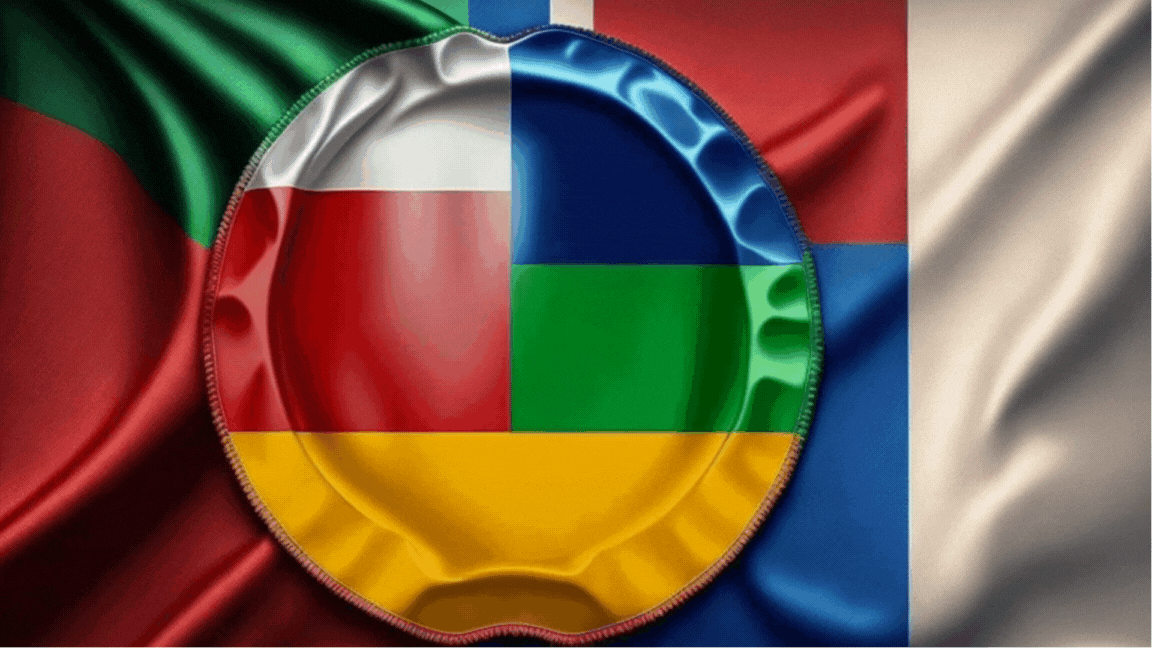The Latin American Report # 529

The Brazilian city of Rio de Janeiro will host a new BRICS summit, though the absence of Xi Jinping will cast a shadow over the event. Putin will join the forum via videoconference. Likewise, Iranian President Masoud Pezeshkian—understandably—won’t attend, nor will his Egyptian counterpart. All of this raises whether, given BRICS’s ongoing difficulties in gaining traction, it might have been wiser to postpone the summit until a time when the presence of key leaders could have been secured.
The BRICS bloc is still trying to establish itself as a real alternative, at least for its own members. One of the main problems in this endeavor is its composition. The countries inside have major differences in their economic and political models, and, in some cases, there are serious bilateral tensions, as seen between India and China. Their interests also differ in many instances, some part of the core discussion.
Regardless of what is currently being said to avoid upsetting Trump, the bloc’s original driving idea was to challenge U.S. dominance in global finance—an idea that Lula continues to push. "I know it is complicated. There are political problems," the Planalto head was quoted saying at a banking event this Friday. "But if we do not find a new formula, we are going to finish the 21st century the way we started the 20th." In this sense, one recurring theme has been the creation of alternative channels to circumvent U.S. sanctions. Yet not even Russia and China—despite settling some of their bilateral trade in yuan—have managed to fully escape the strong grip of the U.S. Treasury Department. So what does that mean for countries like Cuba, where people—eager to see some light at the end of the tunnel—are placing considerable hope in the Island’s involvement in the bloc, even if only at a second-tier level of relevance?
So, BRICS seems to be in a long phase of declarations of intent, even if there have been some visible advances in terms of financial assistance. When we zoom in, we see that each country continues to operate its own foreign and trade policies with a wide range of partners, and that developments in the White House still matter greatly. India, for instance, actively works with the United States in mechanisms aimed precisely at containing China’s expansion, while Russia is not looking to pick too many fights with Trump right now—something evident in how quickly it has moved to clarify BRICS’s goals in response to Trump’s Truth Social-powered threats.
The potential is there: the countries making up BRICS represent half of the world’s population and 40% of global GDP as well. "We're anticipating a summit with a cautious tone: it will be difficult to mention the United States by name in the final declaration," said a Brazilian researcher. Once again, it will likely be issues that are important but not so politically defining (i.e., climate talk) that make the most progress in the discussions. Others like the democratization of global governance—something Lula has long championed as a cornerstone of Brazil’s foreign policy—hardly seems achievable in a world increasingly governed by the realist paradigm of international relations. I will keep an eye on the summit starting next Sunday.
Modelled on the World Bank's MIGA, it aims to address global investment shifts amid uncertainty surrounding U.S. economic policy. Brazil sees this as the centerpiece of the BRICS financial agenda during the country's rotating presidencyhttps://t.co/MUmhZQrGfD
— Sharmila (@SharmilaChavaly) July 4, 2025

Now checking it against my database of known compromised or unsafe domains.. you'll see another reply if it's in there.
If not, it's likely safe to open.[Read about the risks].
{Current avg shortened links in Hive posts/comments: 53.7/h}
_ Vote for our WITNESS to support this FREE service!